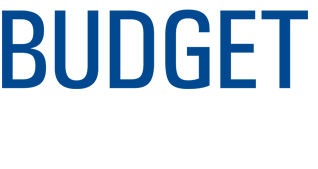FIONA Famulak, President and CEO of the BC Chamber of Commerce said on Tuesday: “The budget provides significant resources to support inclusive and clean growth as outlined in the government’s economic plan of last week. Such investments are important investments. However, today’s budget does not take any significant strides to enhance the competitiveness of B.C. businesses.”
The BC Chamber of Commerce said the budget reflects the provincial government’s plans to support priorities such as childcare, homelessness and mental health, reconciliation, and the continued transition to a low carbon economy.
The government has allocated $6.6 billion in new operating funding and will run deficits totalling $13 billion over the course of the fiscal plan. Capital spending on critical infrastructure, such as schools, transit, roads and hospitals, will total a record $27.4 billion while the provincial debt is forecast to be $90.8 billion at the end of 2024/25.
“The BC Chamber of Commerce is disappointed that the government did not take steps to address the high operating costs associated with doing business in British Columbia, some of which are the result of government policies,” said Famulak. “Some businesses have been resilient through this pandemic, but that doesn’t mean they are thriving. Many have had to assume significant debt just to keep operating.”
Famulak noted that Budget 2022 provides $3 billion under Pandemic and Recovery Contingencies to address health or economic recovery needs related to COVID-19, with $915 million as yet unallocated and earmarked for health or recovery measures in the upcoming year.
Some of the measures in the budget reflect what the BC Chamber of Commerce and its provincial network have been calling on government to introduce, including the creation of a new Declaration Act Secretariate, investment in transportation infrastructure, the continued development of the hydrogen economy and tax credits to incent adoption, the continued expansion in broadband connectivity in rural and remote communities, and an increase in the number of training seats for Early Childhood Educators.
“This budget was an opportunity for government to help businesses navigate through and beyond a very difficult two years. A step such as adjusting the Employer Health Tax threshold would have demonstrated that government understands the challenges that many of our members face,” Famulak said. “Unfortunately, that opportunity was missed.”












